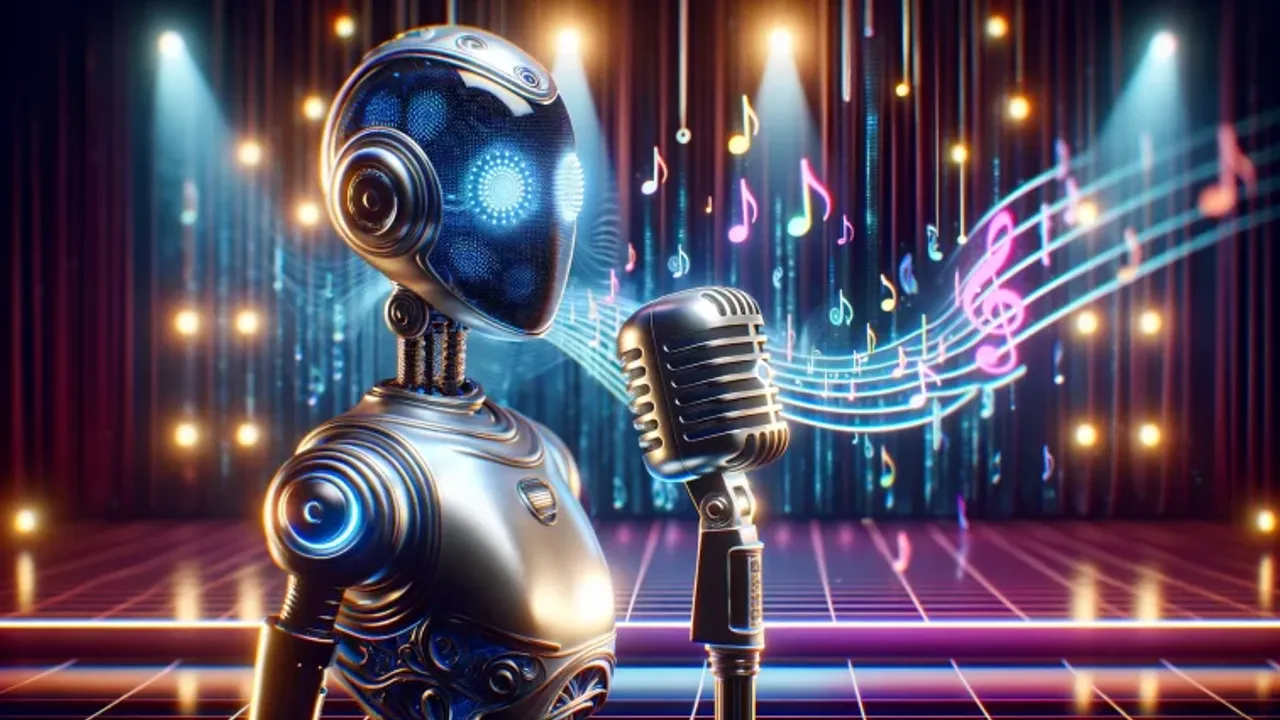Bill Lee, the governor of the State of Tennessee in the US, has signed a bill aimed at protecting musicians from unauthorized use by artificial intelligence. The law is called the Ensuring Similarity Audio and Video Security (ELVIS) Act.
While AI has been around since the 1950s, opening a new chapter in music production, recent breakthroughs in generative AI, with robots now making music as digital pop stars, have divided opinion in the industry. Many experts say AI raises legal and ethical concerns.
Popularized by the ChatGPT language system last year, generative AI can create content on its own, including original sounds, lyrics or entire songs.
ARTIFICIAL INTELLIGENCE WAS NOT INCLUDED IN THE LAW
Tennessee's pre-existing law did not specifically address new, personalized generative artificial intelligence cloning models and services that enable human impersonation and allow users to create unauthorized fakes in the image and voice of others.
The existing law has been updated to include protecting the voices of songwriters and music industry professionals from AI misuse, the governor's office said in a statement.
Tennessee's music industry supports more than 61,617 jobs across the state and contributes $5.8 billion to the gross domestic product, according to the governor's office.
EUROPEAN PARLIAMENT MARKS A FIRST
Europe is ahead of the US in terms of regulations on artificial intelligence. Yesterday, the European Parliament approved an artificial intelligence law, marking a first in the world.
Democratic Party US President Joe Biden's administration has pressured lawmakers to regulate artificial intelligence, but the US congress has made little progress in making effective regulation.















